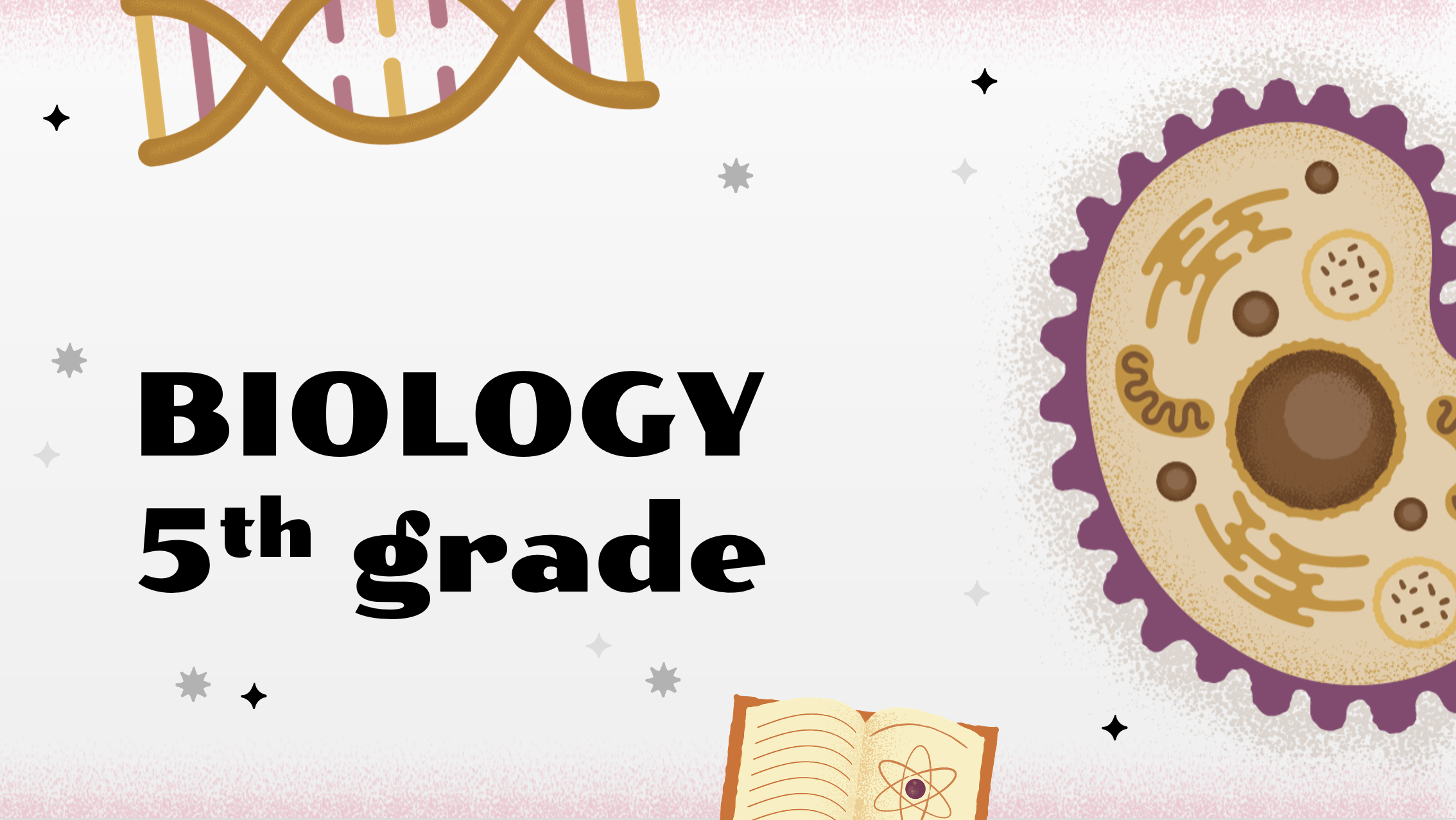
Biology
TEACHER: Daniela Margarita Echeverri D.
Jorge Mario Gamboa Carvajal
INSTITUTIONAL EMAIL: Daniela.echeverri.d@liceopinoverde.edu.co
jorge.gamboa.c@liceopinoverde.edu.co
HOURLY INTENSITY BY CYCLE (HIC): 2
GRADE: 10° Track A
INTRODUCTION
The study of biology in tenth grade allows students to experience an approach to life understanding from a scientific perspective and deepen in the comprehension of processes and phenomena linked to reproduction and the main process in molecular biology, biotechnology and evolution through natural selection. This class will follow a scientific and technological approach and the learning processes allows students to inquire and apply different science methodologies. These contents will be related to wider concepts such as systems and change.
GENERAL OBJECTIVE
To construct a proper comprehension about reproduction and process related to genetic inheritance, by means of consulting different sources of information and analyzing diagrams and texts.
COMPETENCES / ABILITIES TO DEVELOP
Objective A: Knowing and understanding
i. explain scientific knowledge.
ii. apply scientific knowledge and understanding to solve problems set in familiar and unfamiliar situations.
iii. analyze and evaluate information to make scientifically supported judgments.
Objective B: Inquiring and designing
i. explain a problem or question to be tested by a scientific investigation.
ii. formulate a testable hypothesis and explain it using scientific reasoning.
iii. explain how to manipulate the variables, and explain how data will be collected.
iv. design scientific investigations.
Objective C: Processing and evaluating
i. present collected and transformed data.
ii. interpret data and explain results using scientific reasoning.
iii. evaluate the validity of a hypothesis based on the outcome of the scientific investigation.
iv. evaluate the validity of the method.
v. explain improvements or extensions to the method.
Objective D: Reflecting on the impact of science
i. explain the ways in which science is applied and used to address a specific problem or issue.
ii. discuss and evaluate the various implications of the use of science and its application in solving a specific problem or issue.
iii. apply scientific language effectively.
iv. document the work of others and sources of information used.
METHODOLOGY
• Team or individual workshops.
• Presentations.
• Individual Tests.
• Team tests’ corrections.
• Experimental activities.
• Whole class discussions.
CONTENT AND CONCEPTS
Topic: Mendelian Genetics Review:
Genes, alleles and chromosomes
Meiosis
Mendelian inheritance patterns
Monohybrid crosses
Dihybrid crosses
Non-Mendelian inheritance:
Non-Mendelian inheritance patterns
Co-dominance
Multiple phenotypes from multiple alleles
Sex linkage inheritance
Pedigrees
EVALUATION PROCESS
Formative evaluation |
|
Summative evaluation |
|
Evaluation Criteria | Percentages |
Knowing and understanding | 25% |
Inquiring and designing | 25% |
Processing and evaluating | 25% |
Reflecting on the impact of science | 25% |
RESOURCES
Resources | |
Technological |
|
Bibliographic |
|
Physical | Notebook and pencil case. |
Behavioral recommendations for the proper development of the class |
|

- Teacher: Jorge Mario Gamboa Carvajal